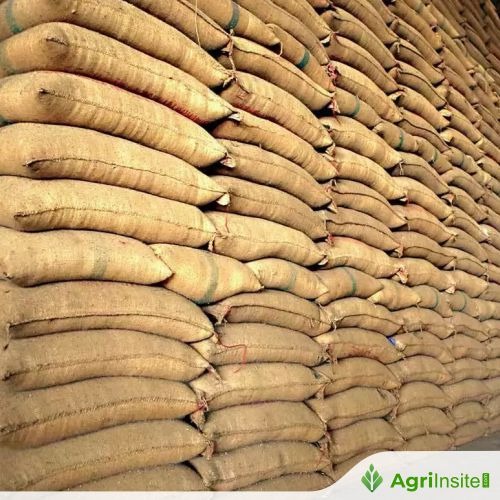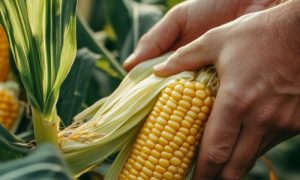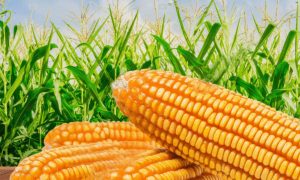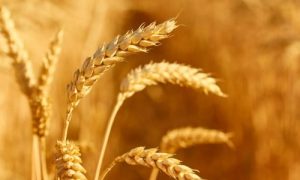Government increases raw jute MSP for marketing season 2025-26

The Union Cabinet has approved an MSP of ₹5,650 per quintal for raw jute for the 2025-26 season, an increase of ₹315 from the previous year. This ensures a 66.8% return over production costs. The jute industry supports 40 lakh farm families, mainly in West Bengal. The Jute Corporation of India will continue procurement operations. The sugar industry may face higher costs due to the mandatory jute packaging requirement.
In a significant move aimed at benefiting jute farmers, the Union Cabinet has approved the Minimum Support Price (MSP) for raw Jute for the marketing season 2025-26 at Rs. 5,650 per quintal. This represents an increase of Rs. 315 per quintal over the MSP of the 2024-25 season.
The new MSP ensures a return of 66.8% over the all-India weighted average cost of production.
Government has increased MSP of raw jute from 2400 per quintal in 2014-15 to 5,650 per quintal in 2025-26, registering a 2.35 times increase.
This price revision is expected to have a positive impact on the jute industry, helping farmers, particularly in West Bengal, the largest jute-producing state, to secure better returns for their crops.
The MSP amount paid to Jute growing famers during the period 2014-15 to 2024-25 was Rs. 1300 Crore while during the period 2004-05 to 2013-14, amount paid was Rs. 441 Crore.
Livelihood of 40 Lakh farm families directly or indirectly depends on Jute Industry. About 4 Lakh workers get direct employment in Jute mills and trade in Jute. Last year jute was procured from 1 Lakh 70 thousand farmers. 82% of Jute farmers belong to West Bengal while rest Assam and Bihar have 9% each of jute production share.
The Jute Corporation of India (JCI) will continue as Central Government Nodal Agency to undertake Price Support Operations and the losses incurred, if any, in such operations, will be fully reimbursed by the Central Government.
With the hike in raw jute prices, the sugar industry is also likely to feel the effect, as all sugar manufacturers are required to comply with the directive regarding the mandatory jute packaging of 20% of their total sugar production.
Source : Chinimandi















